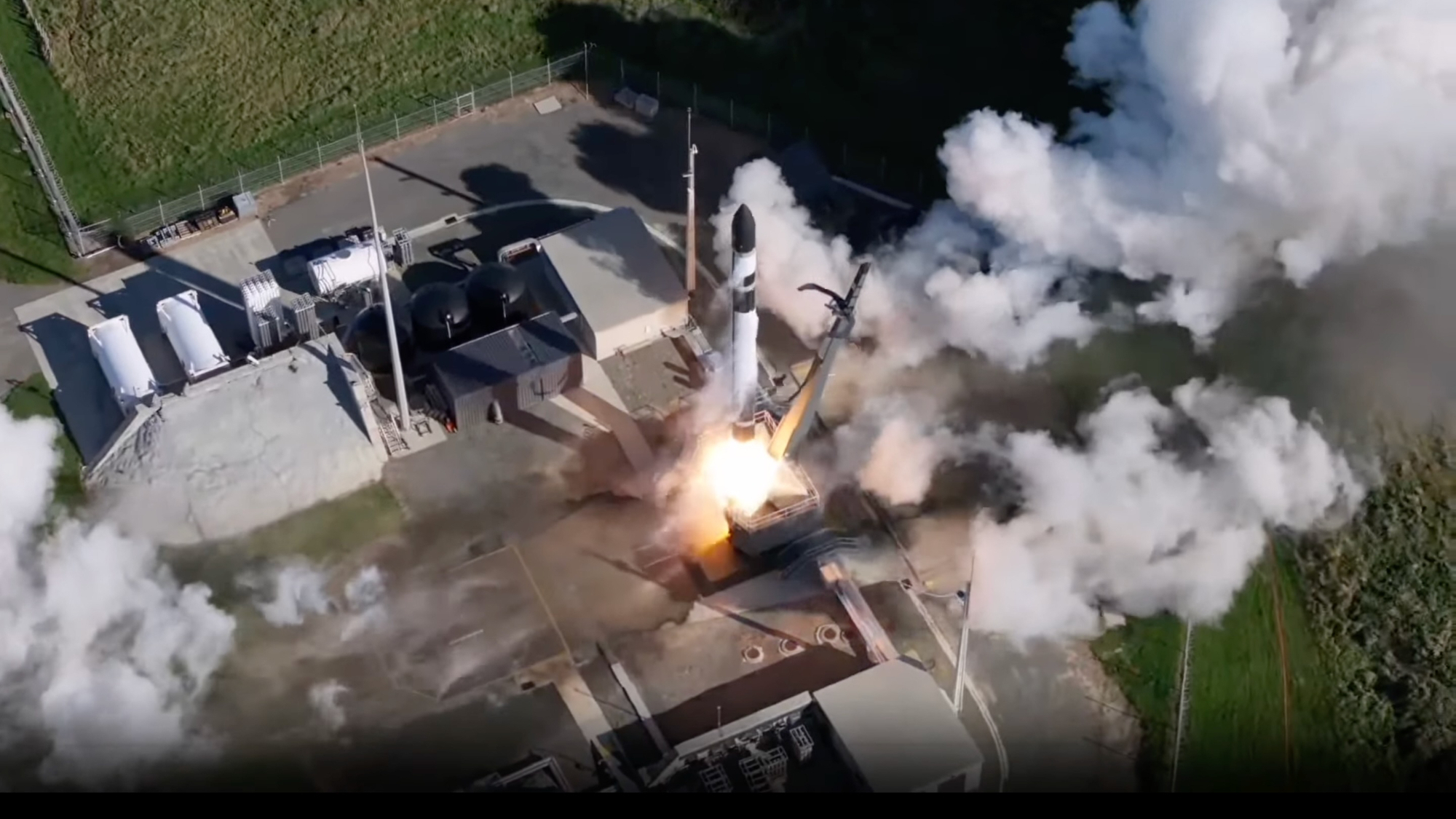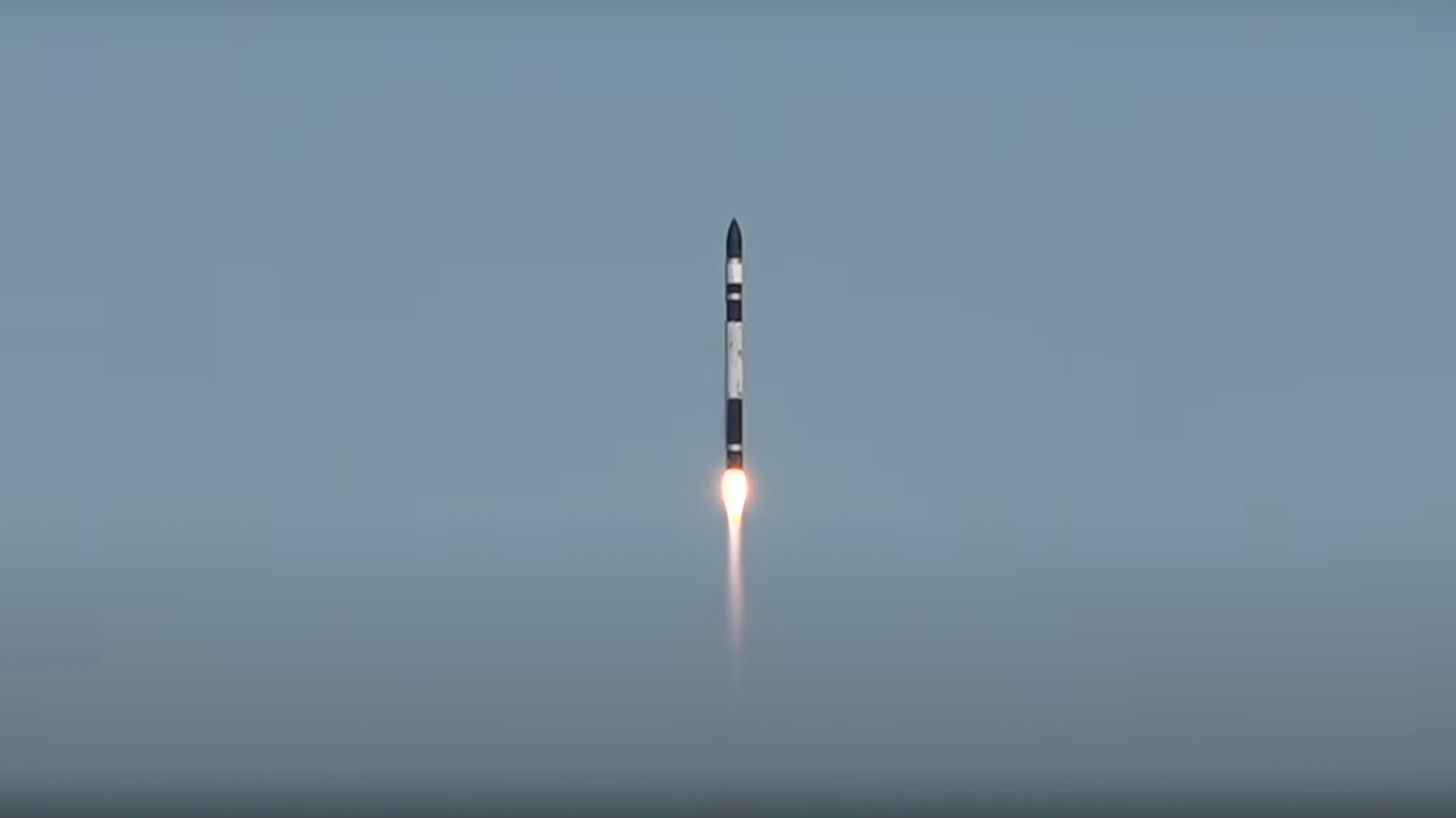
Rocket Lab launched an Earth-observing satellite for the company BlackSky toward orbit tonight (June 2).
An Electron rocket lifted off from Rocket Lab's New Zealand site today at 7:57 p.m. EDT (0057 GMT or 11:57 a.m. local New Zealand time on June 3), carrying a "Gen-3" satellite for Virginia-based BlackSky toward low Earth orbit (LEO).
The mission, which Rocket Lab calls "Full Stream Ahead," delivered the spacecraft to a circular orbit 292 miles (470 kilometers) above Earth as planned, the company announced via X.

The spacecraft now "will join the remainder of the company's constellation delivering very high-resolution imagery and AI-enabled analytics for daily intelligence operations," Rocket Lab wrote in a mission description.
"'Full Stream Ahead' is the second in a series of four Electron launches booked by BlackSky to deploy its Gen-3 satellites to orbit this year, and the 10th overall [Electron] launch for the company — making Electron the most prolific launcher for their constellation to date," Rocket Lab added.
Tonight's launch was the seventh of 2025 and the 65th overall flight for the 59-foot-tall (18 meters) Electron, which gives small satellites dedicated rides to orbit.
Rocket Lab also flies a suborbital variant of Electron known as HASTE, which serves as a testbed for hypersonic technologies. The company is also developing a larger, more powerful orbital rocket called Neutron, which is designed to be partially reusable. Neutron is expected to debut later this year.
Editor's note: This story was updated at 8:10 p.m. ET on June 2 with news that Electron had lifted off, then again at 2:45 a.m. ET on June 3 with news of successful satellite deployment.







